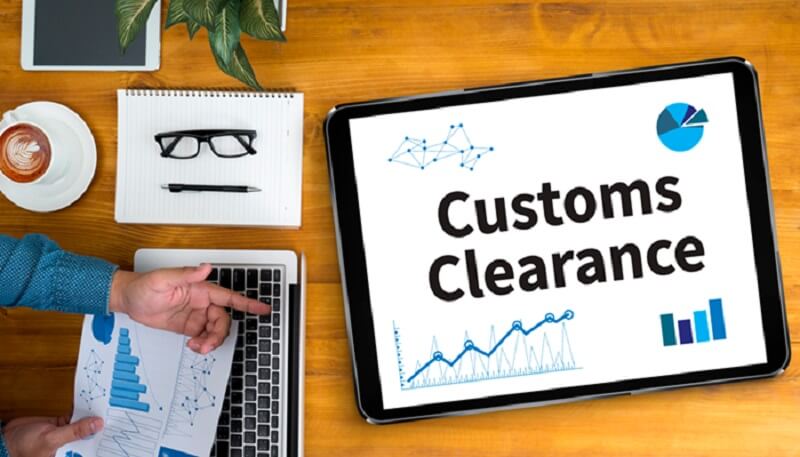
 May 10, 2023 By
May 10, 2023 By
Documentation: Customs clearance requires the submission of specific documents that provide information about the goods being shipped. Common documents include:
Customs Duties and Taxes: Customs authorities in the destination country often impose duties (tariffs) and taxes on imported goods. These charges are typically based on the customs value of the goods, which includes the cost of the goods themselves, shipping costs, and insurance. Customs authorities calculate these duties based on:
Customs Inspection: Customs authorities may inspect shipments to ensure that the goods match the declaration and comply with national laws, including product safety, health standards, and intellectual property rights. Inspections can be:
Compliance with Regulations: Customs clearance ensures that goods comply with the destination country’s laws and regulations. This may include restrictions on certain goods (e.g., pharmaceuticals, food, weapons), health and safety standards, or environmental requirements. For instance, certain products may require additional certifications or permits to be imported.
Customs Broker: Many businesses use customs brokers to handle the customs clearance process. A customs broker is a professional who is knowledgeable about the rules and regulations of international trade. They assist in filing the necessary paperwork, calculating duties and taxes, and communicating with customs authorities on behalf of the importer or exporter. Brokers ensure the process is streamlined and help avoid delays or penalties.
Politics can be attributed to his perseverance to overcome his personal liabilities, and his desire to constantly become better. Next time you really want to achieve something, take time to focus on your own personal journal. What is your temptation that is standing in your wayv to greatness.
Your email address will not be published. Required fields are marked *